Algeria Shuts Off Internet Access To Control Cheating In National Exams
Which began yesterday and lasts until June 25
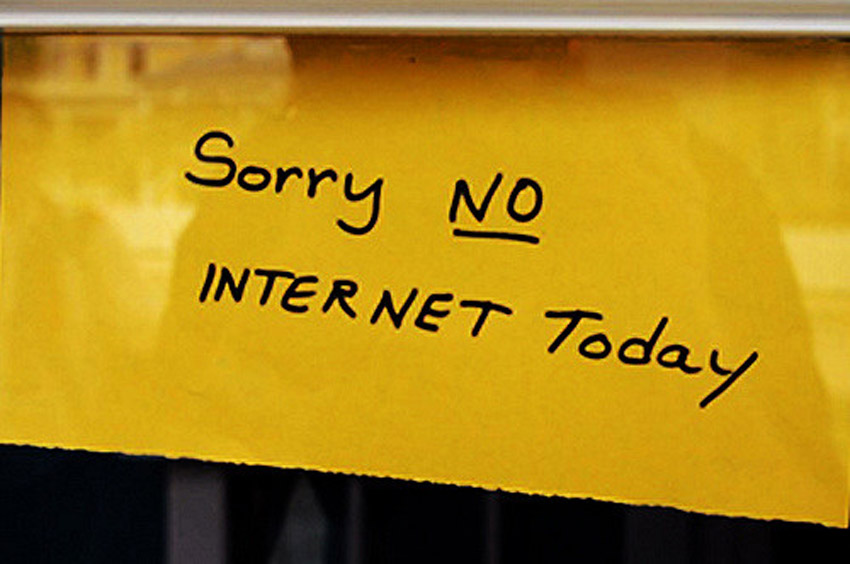
A representative file photo | web
North African country Algeria is shutting off internet access across the country to rein in rampant cheating on national exams during certain times this week.
Both mobile and wired internet connections will go dark for an hour after the beginning of national high school graduation exams, the BBC reports. The outages will continue throughout the exam season, which began yesterday and lasts until June 25.
Facebook is also be blocked throughout Algeria for the entire duration of the exam period, Education Minister Nouria Benghabrit told Annahar newspaper, according to the BBC. Benghabrit added that, while the measure was not optimal, “We should not passively stand in front of such a possible leak”.
Surveillance cameras and devices to jam mobile phones have also been installed at printing presses that publish the exam, Benghabrit said, in an effort to keep the test under wraps until it hits students’ desks.
Over 700,000 Algerian students are appearing for their high school diploma exams over the next week, with results expected the following month. The clampdown this year follows reports of widespread cheating in 2016, when test questions were published online, forcing more than half a million students to retake the exam a week later. Subsequent efforts to restrict social media access through internet service providers proved insufficient, according to the BBC.
Algeria isn’t the only country to turn off the digital taps in an effort to curb cheating. Ethiopia undertook a similar measure last year after activists published the university entrance exam online in 2016, according to the Guardian, while Iraq shut off internet access for a few hours in 2015 and 2016 to coincide with sixth-grade national exams.
Uzbekistan also blocked mobile internet and SMS services in 2016 during university entrance exams. “We have run out of mini-phones, use your head to take your exam,” said ads posted in an electronics market in the Uzbek capital Tashkent at the time, according to Radio Free Europe | Radio Liberty.
This news article is prepared with inputs from BBC and Time.
-
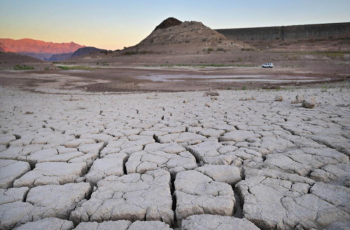
Climate impacts set to cut 2050 global GDP by nearly a fifth
2024-04-18 -

US sterilizations spiked after national right to abortion overturned: study
2024-04-13 -

Future of Africa's flamingos threatened by rising lakes: study
2024-04-13 -

Corporate climate pledge weakened by carbon offsets move
2024-04-11 -
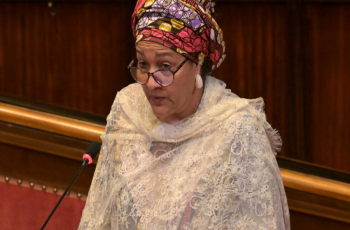
Humanity lost 'moral compass' on Gaza: top UN official
2024-04-10 -

No.1 Scheffler says patience and trust are secrets to success
2024-04-10 -

From homeless addict to city chief: the unusual journey of Canadian mayor
2024-04-10 -
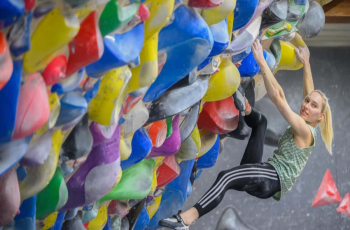
Slovenian spiderwoman Garnbret eyes more Olympic climbing gold
2024-04-07 -

Academic freedom declining globally, index finds
2024-04-04 -
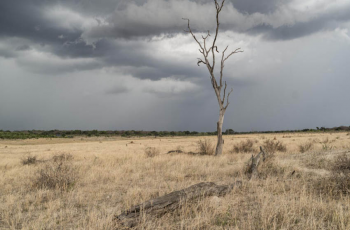
Zimbabwe declares El Nino drought a national disaster
2024-04-03
